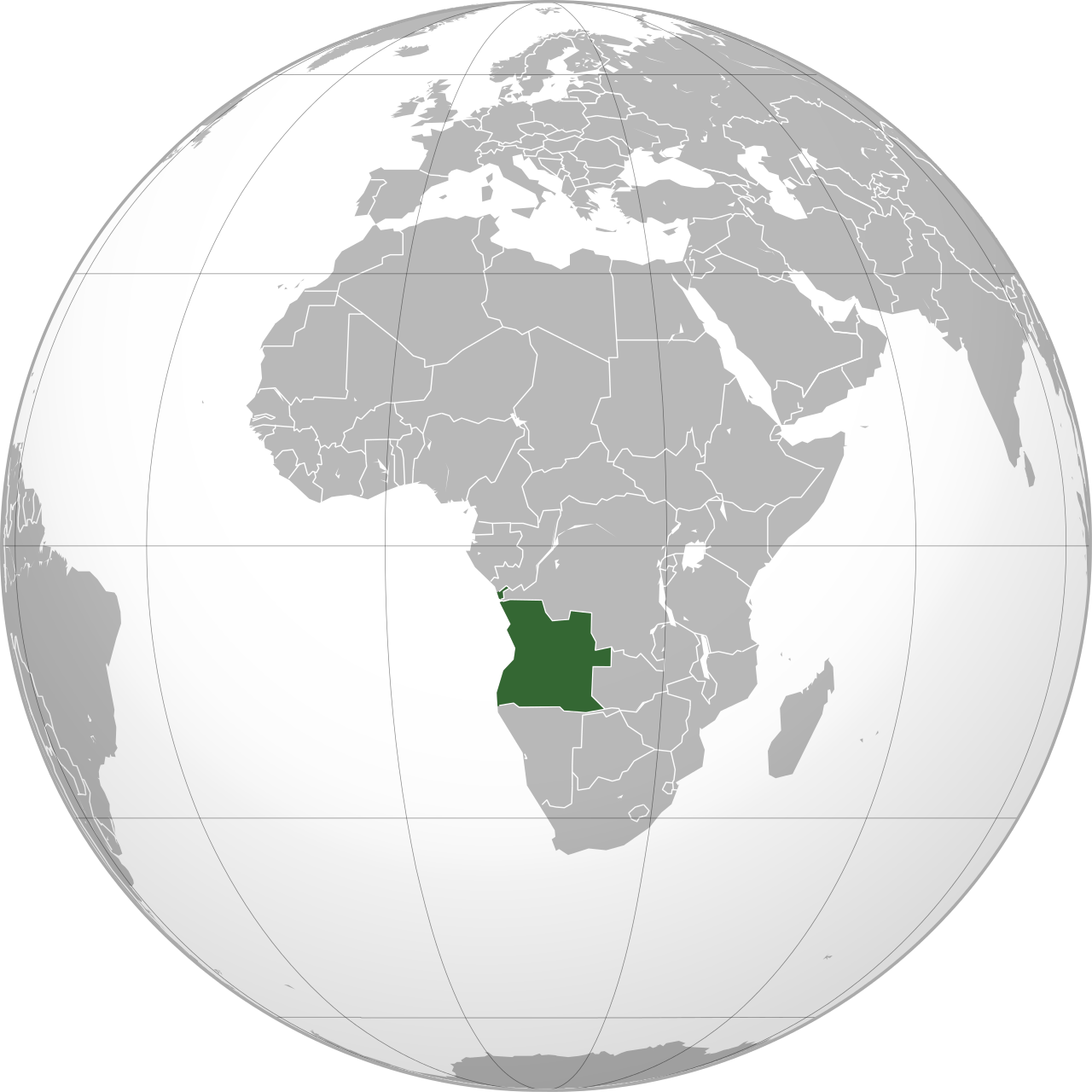
- Population:
- 37,886,000
- Religion:
- Christianity
Located on Africa's southwest coast, Angola's early history features Bantu migrations and the establishment of powerful kingdoms like Kongo and Ndongo. Portuguese explorers arrived in the late 15th century, initiating centuries of colonization. Angola gained independence from Portugal in 1975, but soon plunged into a civil war that lasted until 2002. Since then, Angola has experienced economic growth, largely driven by its oil and diamond industries, while working towards national reconstruction.
Angola, officially the Republic of Angola, is located on the west coast of Southern Africa. It is bordered by Namibia to the south, the Democratic Republic of the Congo to the north, Zambia to the east, and the Atlantic Ocean to the west. The country also includes the exclave province of Cabinda, which borders the Republic of the Congo and the Democratic Republic of the Congo. Angola covers an area of approximately 1,246,700 square kilometers, making it the seventh-largest country in Africa. As of recent estimates, Angola has a population of approximately 31 million people. The capital and largest city is Luanda, situated along the Atlantic coast. The official language is Portuguese, reflecting its history as a former Portuguese colony. Angola gained independence in 1975, followed by a prolonged civil war that lasted until 2002. The country's terrain includes a vast plateau, mountains, and a coastal plain. Its economy is heavily dependent on oil and diamond exports, which constitute the majority of its revenue. Angola is a member of the African Union, the United Nations, OPEC, and the Community of Portuguese Language Countries.





